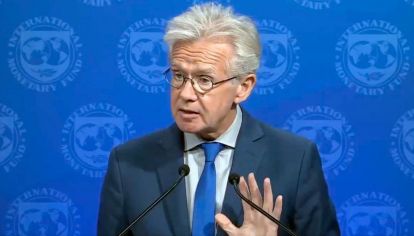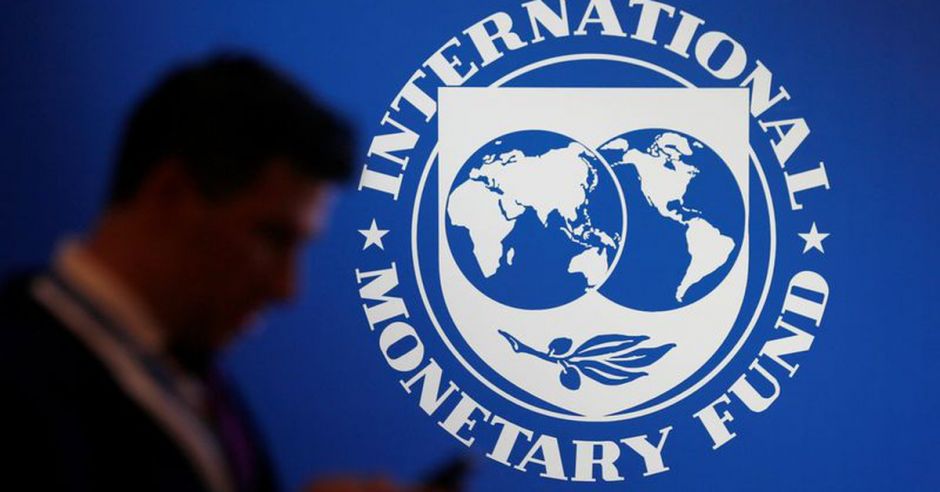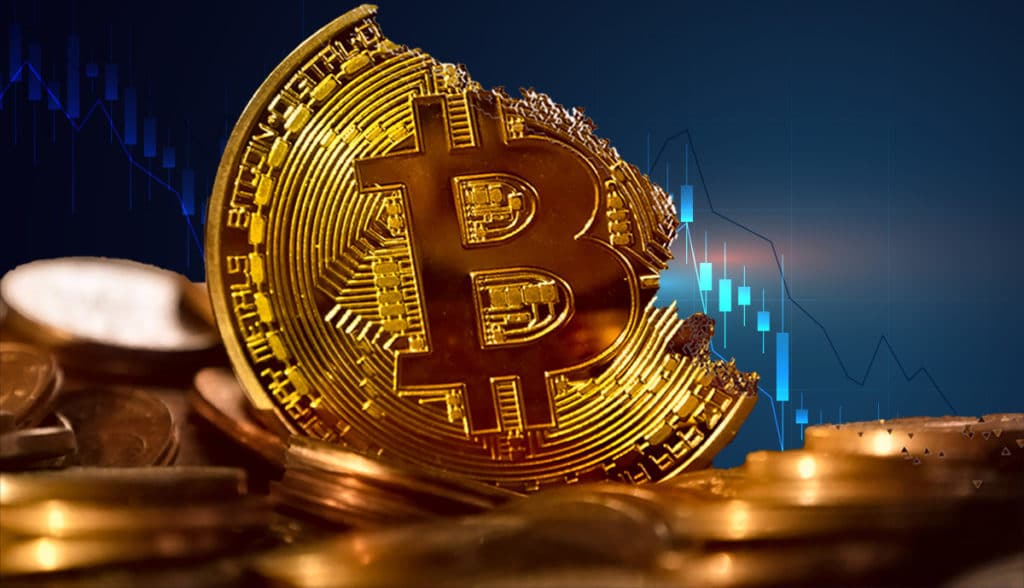Before the approval of the Bitcoin Law, the spokesperson of the International Monetary Fund (IMF), Gerry Rice, pronounced himself before the adoption of Bitcoin in the country.
"The adoption of legal Bitcoin increases the number of macroeconomic, financial and legal situations or problems, which will require a very careful analysis, that is why we are following the development of I am very closely and we will continue our consultations with the authorities in this context I can tell you that the IMF team will meet with the president of El Salvador", said the IMF spokesman.

In addition, he said that they must first set up a meeting with the President of the Republic before going ahead with comments until the meeting is held, so the team will be communicating later when the mission is completed.

Among other topics, in a television interview, addressed the issue of the recent approval of the Bitcoin Law which allows the adoption of Bitcoin as legal tender in the country, which will be an authorized means of payment in which economic agents will be able to make purchases, payments for goods and services.
During the interview, the economist, Carlos Acevedo, pointed out that legalizing the Bitcoin will also have repercussions in the discussion of the agreement that the Government of the Republic of El Salvador is negotiating with the International Monetary Fund (IMF).

"In the Fund there are experts in this and they obviously know the risks in which El Salvador is getting into", added, Carlos Acevedo.
He said that this decision could affect El Salvador's country risk rating.
"We would have to see how the rating agencies would take it, in any case this is a factor that would reduce your rating, not increase it, they would perceive it as an increase in risk", said the economist during the television interview.
 English
English  Español
Español 
